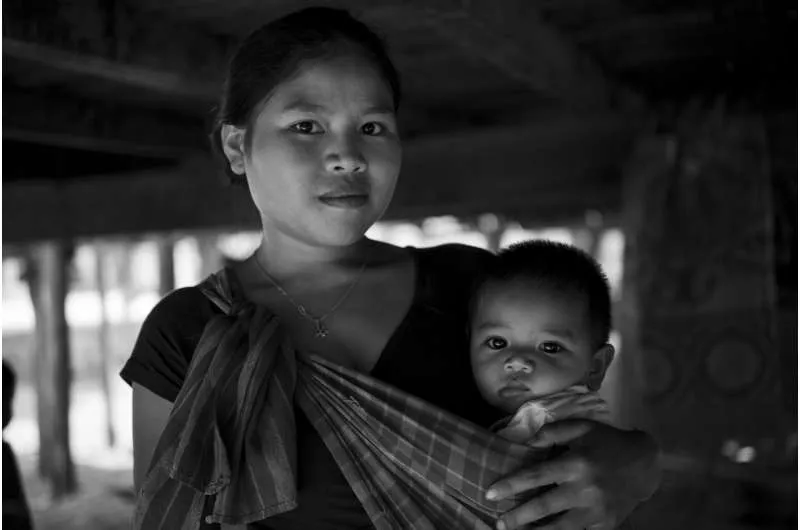Rising Heat Exposure Threatens Maternal and Newborn Health, Study Warns
The world is bracing for COP29, a global climate summit that promises to address the pressing issue of rising temperatures. Meanwhile, researchers have been working on a landmark study that assesses the impact of heat on maternal, fetal, and neonatal health across 66 countries. The systematic review, published in Nature Medicine, provides open-access insights into the urgent need for health-focused climate policies.
Heat Exposure: A Growing Concern
The past few years have seen record-breaking global temperatures, posing significant health risks to vulnerable populations, particularly pregnant women and newborns. The latest study aims to bridge the gap in research on heat-related outcomes during pregnancy.
Key Findings:
• Heat exposure increases the odds of preterm birth by 4% for every 1°C increase in temperature.
• During a heat wave, the odds of preterm birth increase by 26%.
• Increased exposure to heat is associated with higher risks of gestational diabetes, stillbirths, congenital anomalies, and obstetric complications.
Consequences on Newborn Health
The review highlights the severe health consequences for newborns exposed to high temperatures. These include:
• Increased risk of respiratory distress syndrome
• Higher incidence of low birth weight
• Greater likelihood of neonatal sepsis
• Elevated risk of infant mortality
Limitations and Future Research Directions
While the study provides compelling evidence on the risks associated with heat exposure during pregnancy, there are several areas that require further research. These include:
1. Antenatal bleeding: There is limited research on the impact of heat exposure on antenatal bleeding.
2. Cesarean section risks: The relationship between heat exposure and cesarean section risks remains understudied.
3. Heat-related illnesses in newborns: There is a need for more studies to understand the specific health risks associated with heat exposure in newborns.
Policy Implications
The study’s findings underscore the urgent need for policymakers to address climate change through health-focused policies. This includes:
• Implementing climate-resilient maternal and neonatal healthcare systems
• Promoting heat stress mitigation strategies during pregnancy
• Developing guidelines for heat-related illnesses in pregnant women and newborns
• Increasing access to healthcare services for vulnerable populations
Expert Insights
“This is a pivotal moment for public health and climate action,” says Dr. Darshnika Lakhoo, lead author of the study. “Protecting the health of pregnant women and newborns must become a priority in our response to climate change. We hope these findings will catalyze change at the policy level, ensuring at-risk populations receive the support they need.”
The study’s authors emphasize that the findings are not only alarming but also an opportunity for us to take action. As Dr. Matthew Chersich, Executive Director at Wits Planetary Health Research and co-author of the study, notes: “Our research provides compelling evidence that heat exposure poses severe health risks for pregnant women and their babies. It’s time for policymakers to acknowledge these risks and work towards creating a safer, healthier world for all.”
Conclusion
The latest study on heat exposure during pregnancy highlights the urgent need for action to address climate change. By understanding the risks associated with heat-related outcomes, we can take steps to mitigate them and protect vulnerable populations. As we prepare for COP29, it’s clear that health-focused policies must be at the forefront of our response to climate change.
By working together, we can create a future where pregnant women and newborns can thrive in a world with rising temperatures. The time to act is now.

0 Comments